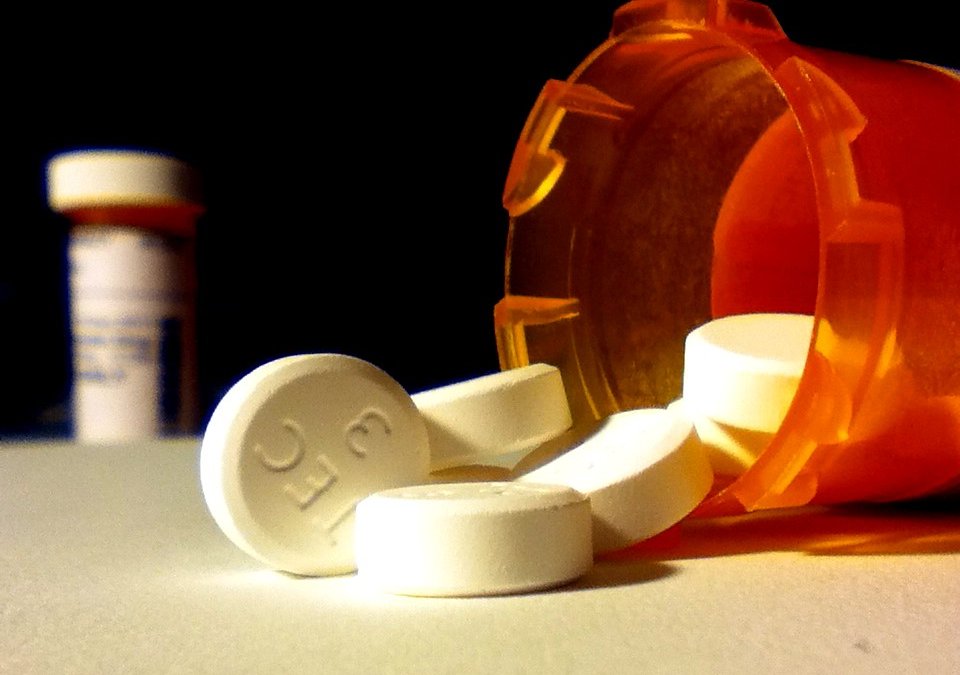WASHINGTON – The Biden administration announced Tuesday that all 10 drug manufacturers it selected for the Medicare Drug Price Negotiations Program have agreed to participate.
The drugs selected for the negotiations range from blood thinners like Eliquis and Xarelto; diabetes medications like Jardiance, Januvia, and Farxiga; along with others targeting heart failure, rheumatoid arthritis, Crohn’s disease and blood cancers.
The companies were given a month and faced penalties if they chose not to negotiate. They include an excise tax of up to 95% on U.S. sales of their medications, or even pulling all of its products from the Medicare and Medicaid markets.
The administration got a boost in its efforts after a federal judge denied a preliminary injunction that would’ve paused the negotiations, in a lawsuit brought by the U.S. Chamber of Commerce.
The business lobby group is alleging that the program infringed on drugmakers’ constitutional rights. The group also claims the administration misled the public by using the term “negotiation,” which the Chamber said is really a “mandated price control.”
But U.S. District Judge Michael Newman in Dayton, Ohio, who was Trump-appointed, said that pharmaceutical companies had the choice to opt out of the program, even if it may not be practical, making it voluntary.
Newman, however, also denied the government’s motion to dismiss the case. It’s the first of the nine lawsuits against the program to be taken up by a federal judge.
In a video on X, formerly known as Twitter, President Biden said Tuesday that “for many Americans the cost of one drug is the difference between life and death” and that his administration would continue to “fight for lower health care costs.”
“In fact, Americans now pay two to four times more than people in other countries for the exact same prescription drug, made by the exact same company,” Biden said.
For example, Eliquis, a blood thinning medication commonly used to reduce the risk of stroke, costs $440 in the U.S., while the next most expensive country was Switzerland for $162.
The Inflation Reduction Act stipulates a minimum of 25% cut from the listed cost, but negotiations could lead to higher discounts up to 65%.
KFF, an independent group that studies health policy, estimated that the lower costs of Medicare drugs will lead to an expansion of access and use.
The Centers for Medicare and Medicaid Services estimated 8.3 million people with Medicare Part D coverage used these drugs between June 2022 and May 2023.
While a large number of people rely on these drugs the coverage of Medicare Part D enrollees varies, according to a recent KFF analysis: 59% for a popular diabetes drug known as Fiasp/NovoLog; 66% for Stellara, a brand name drug to treat psoriasis and Crohn’s Disease; while the 8 other drugs are covered between 90% to 100%.
The IRA will now require Part D plans to cover the entirety of the 10 drugs that have been selected, regardless of dosages or forms.
Calling it a “price-setting regime,” the U.S. Chamber of Commerce alleges that the move will hamper the ability to research new medical treatments. The lobbying group cited Alnylam Pharmaceuticals’ pause on a rare eye disease treatment because of the IRA’s passage.
In a CNBC interview in August, CMS Administrator Chiquita Brooks-LaSure responded to concerns about stifling innovation in drug manufacturing.
“The law is very prescriptive about saying that the drugs that we’re going to be negotiating are going to be the ones that first of all are top spenders, are ones that do not have competitors and have been on the market,” she said.
The selection process included finding single-source brand-name drugs or biologics without generic or biosimilar competitors.
The negotiation process will continue with an initial offer being made by February 1, 2024 and negotiations ending by August 1, 2024.
The prices will be released September 1, 2024 and implemented January 1, 2026.

